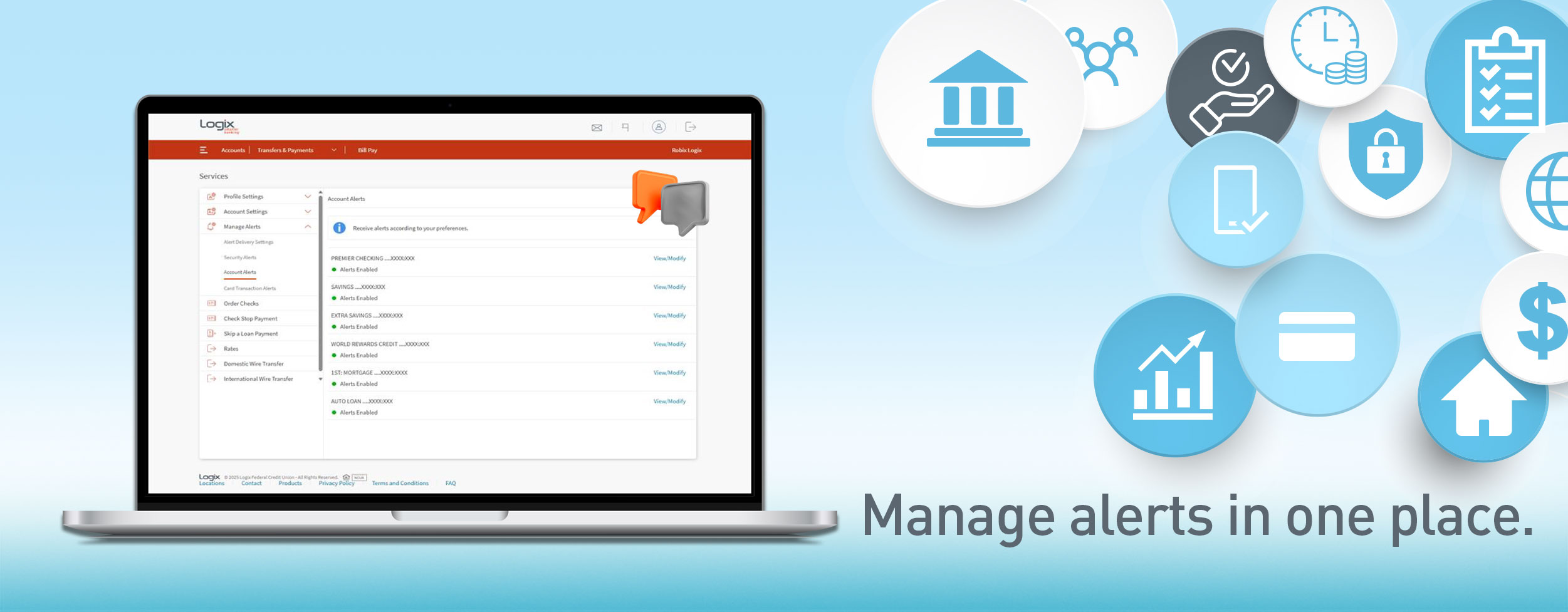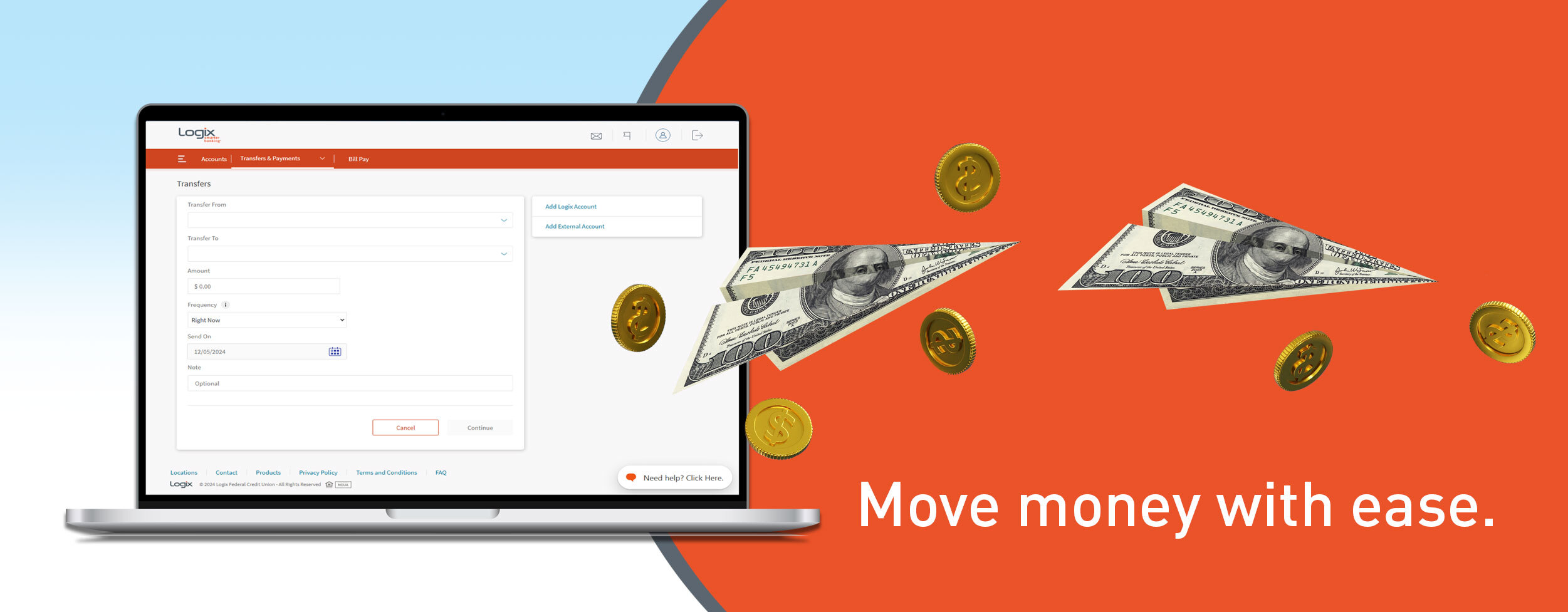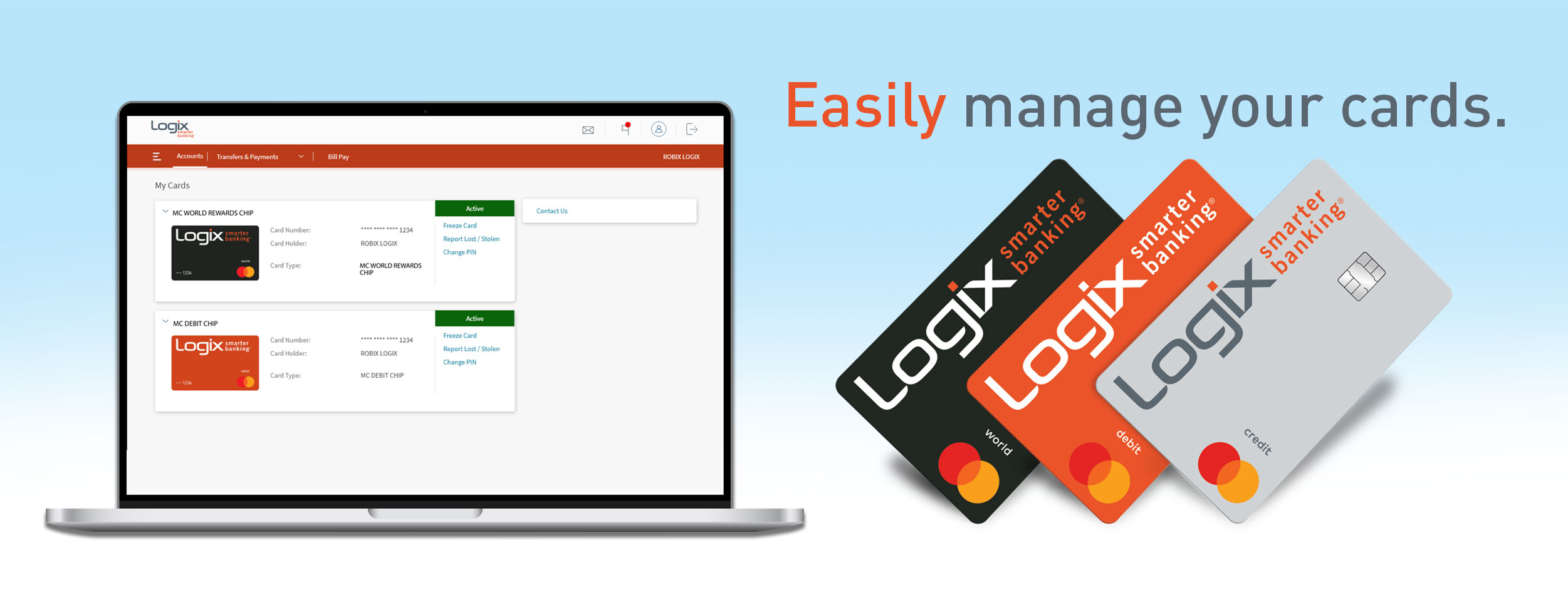A wise man once said bottom is just where you stop digging. If you want, you can dig deeper and deeper, and there might be bedrock down there somewhere, but its hidden behind new layers of pain and stress, that you don’t have to go through if you don’t want. You could keep saying to yourself “it’s not that bad, I just need to a raise, get that new job, get cash flowing again and I’ll be OK.” Or you could look at the hole you are in and say “that’s it, this is bottom, we’re climbing out from here.” If you are constantly worried about money, frequently overdraft your checking account, hitting up friends and family for loans to cover a few weeks, it’s time to start climbing out. Your financial life doesn’t have to feel like this. If you build a financial cushion, you have 1-2 months worth of expenses safely sitting in checking, everything can be so much better. But you have to start, right now, living within your means and using credit as it was intended.

Credit has a valuable purpose in society, which is enabling the purchase of items paid for over time that are used over time. We use a 30 year mortgage to buy a house that we will hopefully live in longer than 30 years. We buy a car with a 4 year loan and hope for 4 years out of it. You use credit to buy a piece of business equipment that will generate income for years on end. Secured debt, tied to an asset, with a low interest rate is a smart move.
But using credit to buy things that you cannot afford is a trap you’ll never get out of, especially if you keep doing it. When you are rolling over payments from one account to another, you’ll never start building real equity. But you’ll feel like you’re just around the corner from having a handle on it, all the time. The problem is that unsecured credit isn’t designed to be used for anything you don’t pay off immediately, the interest rates are so high you are basically stuck covering the interest and never denting the pricinple.
What consumer credit does very well is hide the problem. Instead of having to face the crush of literally running out of money, you have credit available and can still order take out and eat snacks and go to the movies with money you don’t have. Which makes bottom very hard to see. Take credit out of the equation, stop using your credit cards if you don’t pay them off before the end of the month, and you’ll get a much better picture on your actual financial health.
Once you hit bottom, the key is to start spending within your means. That’s it. It’s really that simple. Just take it a day at a time. If you have a variable income, look at how much you made on average in the last year, month by month, and spend less than your average month every month. You don’t need to close the credit accounts: just cut up the cards, check in on them online occasionally to make sure they stay paid off and nobody has stolen your identity and put a brand new flat screen on your bill, and live with the cash you have on hand. Not the cash that is coming. It’ll be hard. For a lot of us, it feels like total rock bottom. But once you push through it and learn the lessons you need to learn from the experience, it’ll feel good to feel like you’re climbing up out of the hole and not digging it any deeper.
“Occasionally, Logix will invite guest bloggers to post on assorted financial topics. These posts may or may not represent our views.”


%20(952%20x%20317%20px)-2.png)








